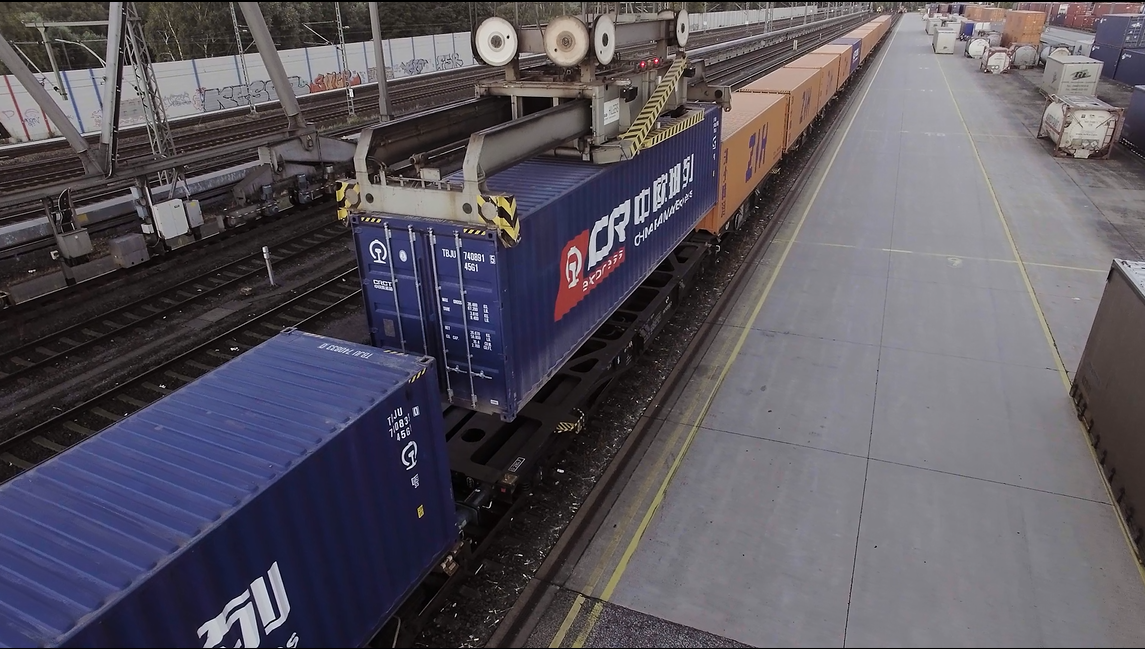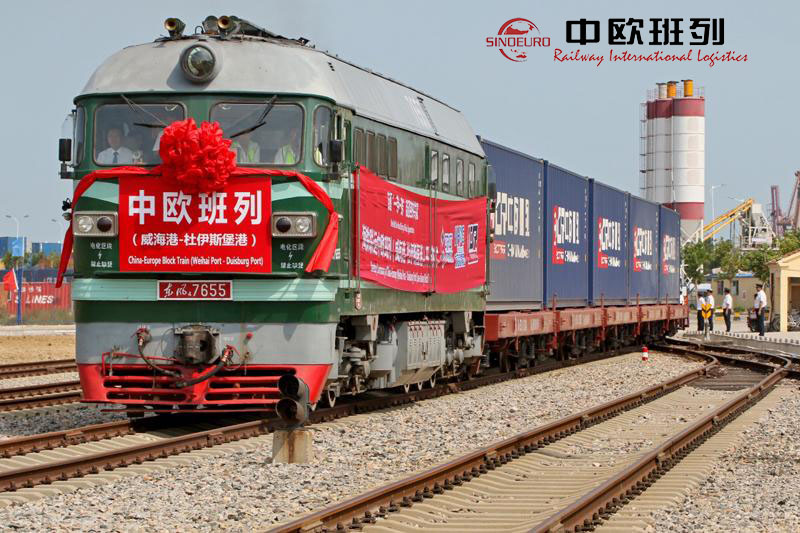In recent years, the trade relationship between Germany and China has been expanding rapidly, with a significant increase in the export of goods from Germany to China. One key factor behind this trend is the growing use of railway transportation, which has become a popular and efficient way to transport goods between the two countries. According to recent reports, Germany’s exports to China by rail have increased greatly in recent years, indicating a promising future for this mode of transportation.
Benefits of Railway Transportation for Germany-China Trade
While air and sea transportation have traditionally been the most common modes of transportation for trade between Germany and China, there is growing recognition of the benefits of railway transportation. Here are some of the potential advantages of using trains for Germany-China trade:
- Faster Transit Times
- Trains can travel between Germany and China in as little as 10-12 days, which is significantly faster than sea transportation, which can take up to a month or more. This can be particularly advantageous for high-value, time-sensitive goods such as electronics and machinery.
- Cost-Effective
- Railway transportation can be more cost-effective than air transportation, which can be prohibitively expensive for many goods. While sea transportation may be cheaper than trains, the faster transit times of trains can make them more cost-effective for some goods.
- Reliable
- Trains are less susceptible to weather-related delays and disruptions than sea transportation, which can be impacted by storms, typhoons, and other weather events. This makes trains a more reliable option for time-sensitive goods.
- Environmentally Friendly
- Trains produce fewer greenhouse gas emissions than air and sea transportation, making them a more environmentally friendly option for trade between Germany and China.
- Potential for Increased Trade Volume
- As the trade relationship between Germany and China continues to grow, there is potential for increased trade volume. Trains can transport larger volumes of goods than air transportation, which can be constrained by cargo capacity. Additionally, trains can make more frequent trips than sea transportation, which can be limited by the number of available ports.
while there are still challenges and limitations to using trains for Germany-China trade, there is growing recognition of the potential benefits of this mode of transportation. With continued investment in railway infrastructure and increased cooperation between Germany and China, trains could become an increasingly important part of the transportation infrastructure for this growing trade relationship.
As Germany and China continue to strengthen their trade relationship, railway transportation is proving to be a critical driver of growth. With its efficiency, speed, and cost-effectiveness, railway transportation is expected to play an increasingly important role in facilitating trade between the two countries. Despite challenges such as logistics and regulatory issues, the prospects for Germany-China railway transportation look promising. As the two countries continue to deepen their economic ties, the benefits of this growing trade relationship are likely to be felt across the global economy.
- English
- French
- German
- Portuguese
- Spanish
- Russian
- Japanese
- Korean
- Arabic
- Irish
- Greek
- Turkish
- Italian
- Danish
- Romanian
- Indonesian
- Czech
- Afrikaans
- Swedish
- Polish
- Basque
- Catalan
- Esperanto
- Hindi
- Lao
- Albanian
- Amharic
- Armenian
- Azerbaijani
- Belarusian
- Bengali
- Bosnian
- Bulgarian
- Cebuano
- Chichewa
- Corsican
- Croatian
- Dutch
- Estonian
- Filipino
- Finnish
- Frisian
- Galician
- Georgian
- Gujarati
- Haitian
- Hausa
- Hawaiian
- Hebrew
- Hmong
- Hungarian
- Icelandic
- Igbo
- Javanese
- Kannada
- Kazakh
- Khmer
- Kurdish
- Kyrgyz
- Latin
- Latvian
- Lithuanian
- Luxembou..
- Macedonian
- Malagasy
- Malay
- Malayalam
- Maltese
- Maori
- Marathi
- Mongolian
- Burmese
- Nepali
- Norwegian
- Pashto
- Persian
- Punjabi
- Serbian
- Sesotho
- Sinhala
- Slovak
- Slovenian
- Somali
- Samoan
- Scots Gaelic
- Shona
- Sindhi
- Sundanese
- Swahili
- Tajik
- Tamil
- Telugu
- Thai
- Ukrainian
- Urdu
- Uzbek
- Vietnamese
- Welsh
- Xhosa
- Yiddish
- Yoruba
- Zulu




 QQ Service
QQ Service